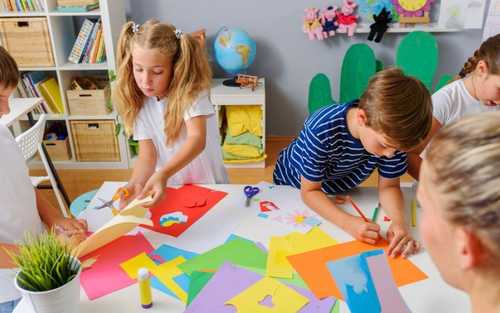Overcoming the ‘February Slump’


The new year has come and gone, and motivation to homeschool is running low.
Sound familiar? You may be experiencing the notorious “February Slump.” Around this time of year, many homeschool families encounter a drop in enthusiasm for learning. A number of factors can cause the "February Slump", like gloomy weather, routine fatigue, or burnout.
Here are some tried and true steps you can take to overcome this winter lull:
1. Incorporate breaks
Pausing in between lessons offers you and your child a chance to recharge, then return to learning with a renewed focus. Even small 10-15 minute breaks prevent burnout, improve morale, and keep energy levels more consistent throughout your homeschool day.

2. Introduce more hands-on learning
Incorporating hands-on learning experiences into homeschooling can bring life into your lessons. This style of learning is especially great for younger children, as it keeps them engaged and allows them to learn through experience.

3. Tend to your learning space
Spruce up your learning space to create a sense of newness in your environment. Reorganizing, rearranging, or even just adding a few new decorations to your space can make a world of difference. A clean learning environment creates less distraction for children. A well-decorated space can also stimulate creativity and increase motivation to learn.
4. Celebrate achievements
Big or small, there’s always something to celebrate when your child is learning something new every day! Allowing your child to celebrate their wins gives them a sense of achievement and encourages them to continue wanting to learn.

5. Focus on health and well-being
It’s important not to overlook the importance of health and well-being at this time of year. Ensure your child is getting sufficient sleep, eating a balanced diet, and engaging in regular physical activity.
Remember that mental health is just as important as physical health! Encourage moments of mindfulness, provide opportunities for recreation, and foster open conversations about emotions. A healthy mind and body make for better learning!
6. Incorporate technology
Improve your homeschool routine by experimenting with new kinds of technology. Learning management technology can help you track your child's progress, schedule assignments for them to complete, and plan out your homeschool days.
You can also use technology to boost your child's learning experience! There are many educational games, apps, and programs, like Night Zookeeper, that make learning more engaging and fun, which is perfect for even the most reluctant learners.
Night Zookeeper makes reading & writing fantastically fun for children aged six to twelve years old. Our program offers hundreds of educational games, interactive video lessons, inspiring writing prompts, and much more. All the resources available on Night Zookeeper are educational, and have been created by experienced language arts teachers to boost your child's reading & writing skills while they have fun!
Got any questions? Reach out to us at [email protected]. Follow us on social media for more tips, creative writing prompts, and free resources:


Make Reading & Writing Fantastically Fun!
- Award-winning reading & writing program for kids
- Improves spelling, grammar, punctuation & vocabulary
- Over 1,000 different learning games and activities


“My child hates writing.” What do I do?


Fun Creative Activities For Children’s Wellbeing


Why are Reading and Writing Important?


